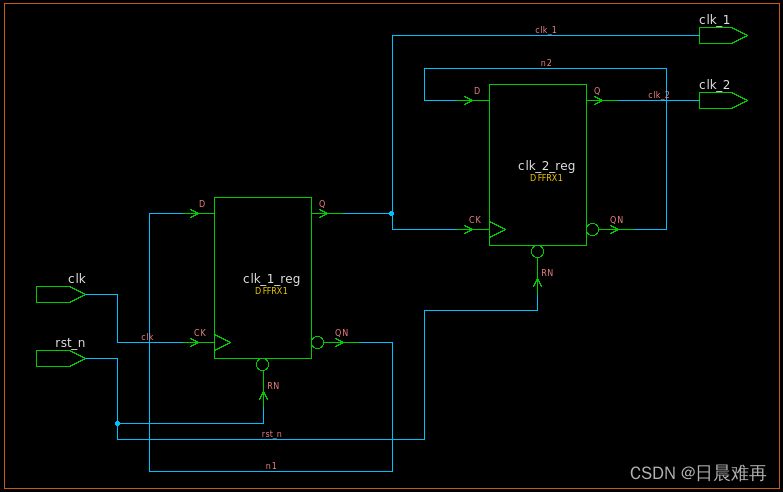struct timeval结构体
一、struct timeval结构体struct timeval结构体在time.h中的定义为:struct timeval{__time_ttv_sec;/* Seconds. */__suseconds_ttv_usec;/* Microseconds. */};其中,tv_sec为Epoch到创建struct timeval时的秒数,tv_use...
一键AI生成摘要,助你高效阅读
问答
·
一、struct timeval结构体
struct timeval结构体在time.h中的定义为:
struct timeval
{
__time_t tv_sec; /* Seconds. */
__suseconds_t tv_usec; /* Microseconds. */
};
其中,tv_sec为Epoch到创建struct timeval时的秒数,tv_usec为微秒数,即秒后面的零头。比如当前我写博文时的tv_sec为1244770435,tv_usec为442388,即当前时间距Epoch时间1244770435秒,442388微秒。需要注意的是,因为循环过程,新建结构体变量等过程需消耗部分时间,我们作下面的运算时会得到如下结果:
#include <sys/time.h>
#include <stdio.h>
int main(void)
{
int i;
struct timeval tv;
for(i = 0; i < 4; i++){
gettimeofday(&tv, NULL);
printf("%d\t%d\n", tv.tv_usec, tv.tv_sec);
sleep(1);
}
return 0;
}
输出结果如下:
21379 1575014893
21944 1575014894
23274 1575014895
24261 1575014896
前面为微秒数,后面为秒数,可以看出,在这个简单运算中,只能精确到小数点后面一到两位,或者可以看出,每进行一次循环,均需花费0.005秒的时间,用这个程序来作计时器显然是不行的,除非精确计算产生的代码消耗时间。
二、gettimeofday()函数
原型:
/* Get the current time of day and timezone information,
putting it into *TV and *TZ. If TZ is NULL, *TZ is not filled.
Returns 0 on success, -1 on errors.
NOTE: This form of timezone information is obsolete.
Use the functions and variables declared in <time.h> instead. */
extern int gettimeofday (struct timeval *__restrict __tv,
__timezone_ptr_t __tz) __THROW __nonnull ((1));
gettimeofday()功能是得到当前时间和时区,分别写到tv和tz中,如果tz为NULL则不向tz写入。
更多推荐
 已为社区贡献4条内容
已为社区贡献4条内容









所有评论(0)